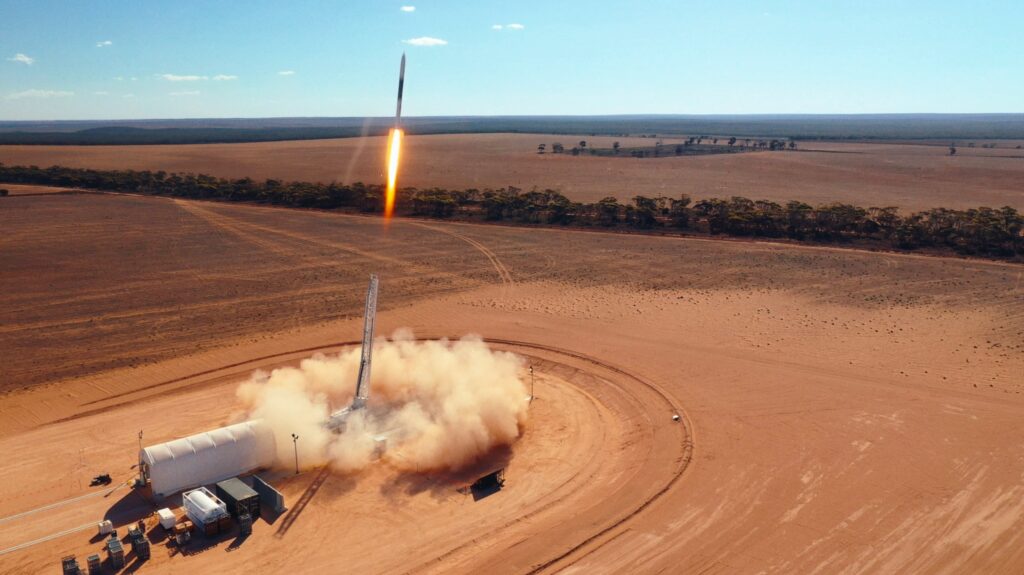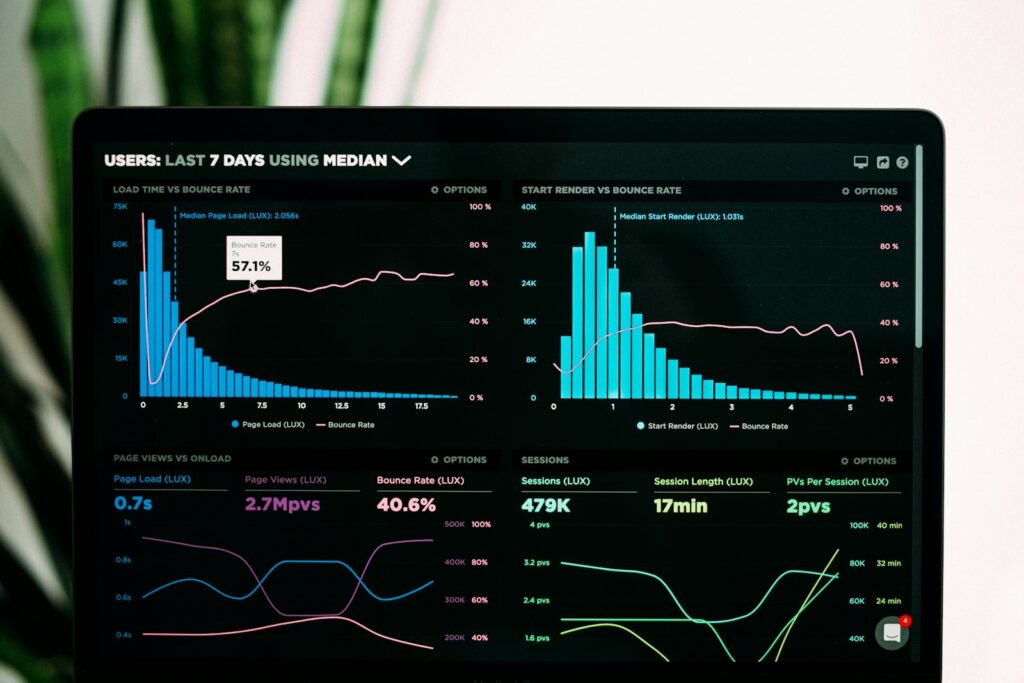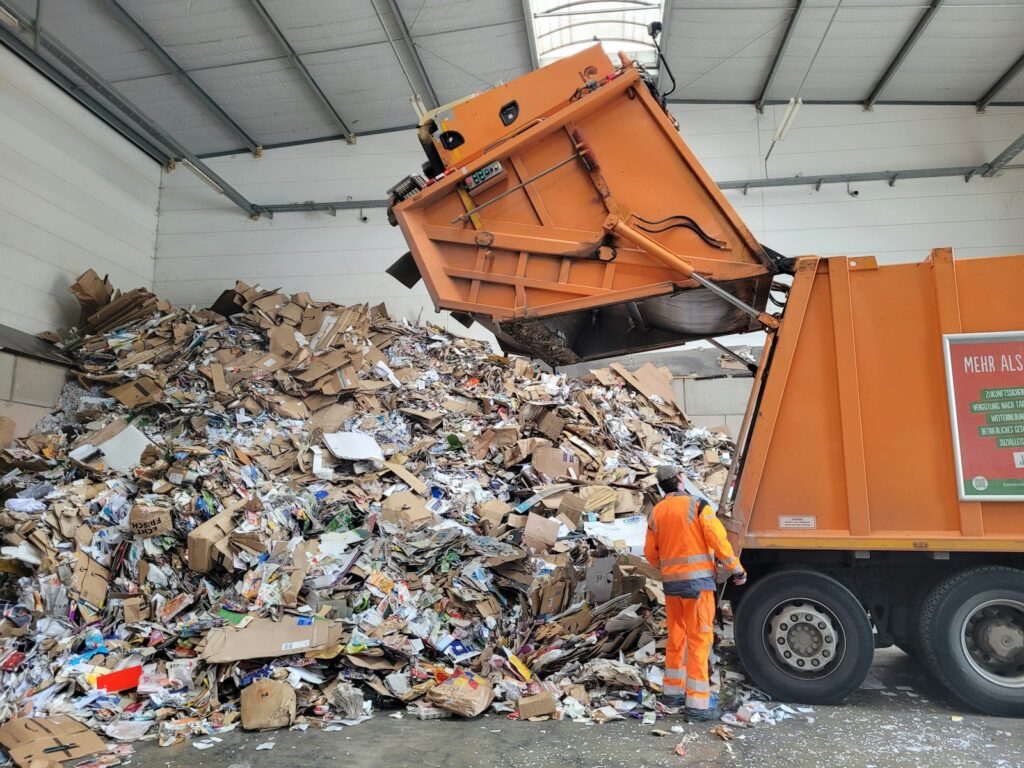Granting legal rights to animals and non-human life forms, such as trees and rivers, could be key in tackling climate change and biodiversity loss, experts say.
In a report titled Law in the emerging bio-age, researchers examine the possible future legal frameworks that could be brought in to handle the balance between humans and living systems.
Some parts of the world have already granted these rights, including Ecuador which became the first in the world to grant rights to trees, rivers and air in 2008.
Bolivia has also granted rights to nature, while a Brazilian court recently recognised the climate crisis as a human rights issue and an ongoing campaign seeks to make ‘ecocide’ a criminal offence.
Dr Wendy Schuktz, futurist and report co-author, told the Guardian: ‘There is a growing understanding that something very different has to be done if our children are going to have a planet to live on that is in any way pleasant, much less survivable, so this is an expanding trend. Is it happening as fast as any of us would want? Possibly not, which is why it’s important to get the word out.’
The report for the Law Society, a representing body for solicitors in England and Wales, considers a wide range of issues, including biopolitics, biohazards, ethics and indigenous insight.
Key to the report is the reminder ‘we are in nature and of nature’, as humans are embedded within nature and also reliant on it.
It also covers concerns over emerging technologies, which involves scientists testing their abilities to create synthetic embryos and to tailor animal genetics.
The Living Planet Report released by WWF and Zoological Society of London (ZSL) last week found animal populations have declined by just under 70% within 50 years, highlighting the urgency for change.
Schultz acknowledges granting such rights would be a huge cultural shift which could receive some pushback, as humans would have to admit they don’t have dominion over nature.
‘This is reconfiguring it to place us where we have always been and where we should be thinking of ourselves as belonging, as just a node in this greater web of life on the planet,’ she said.
Photo by Craig Stevenson
















